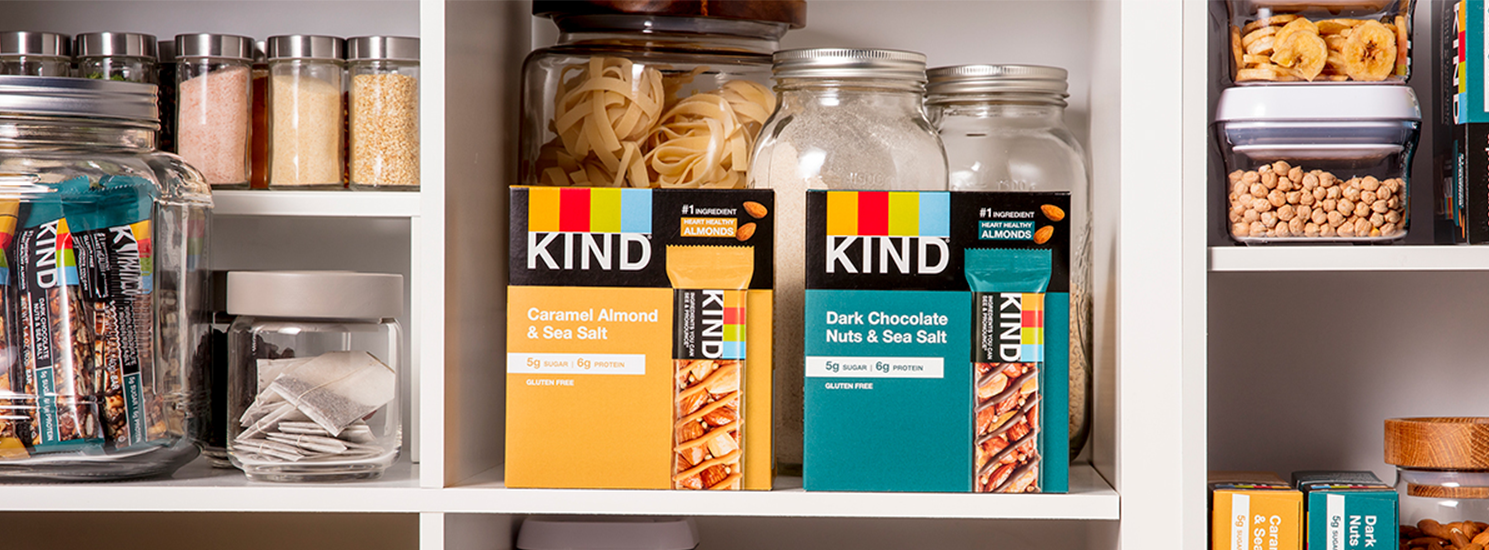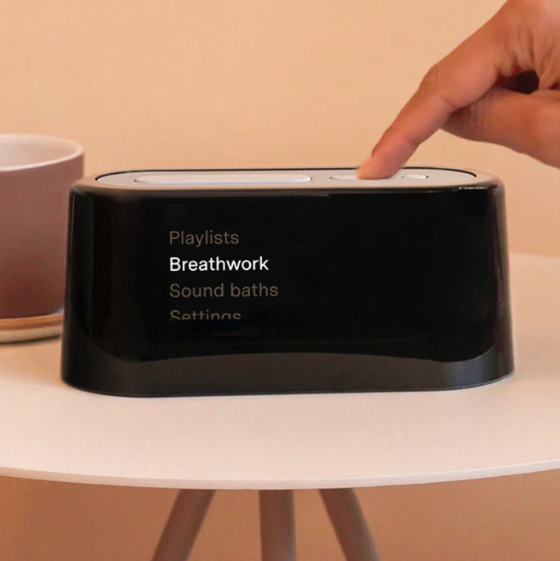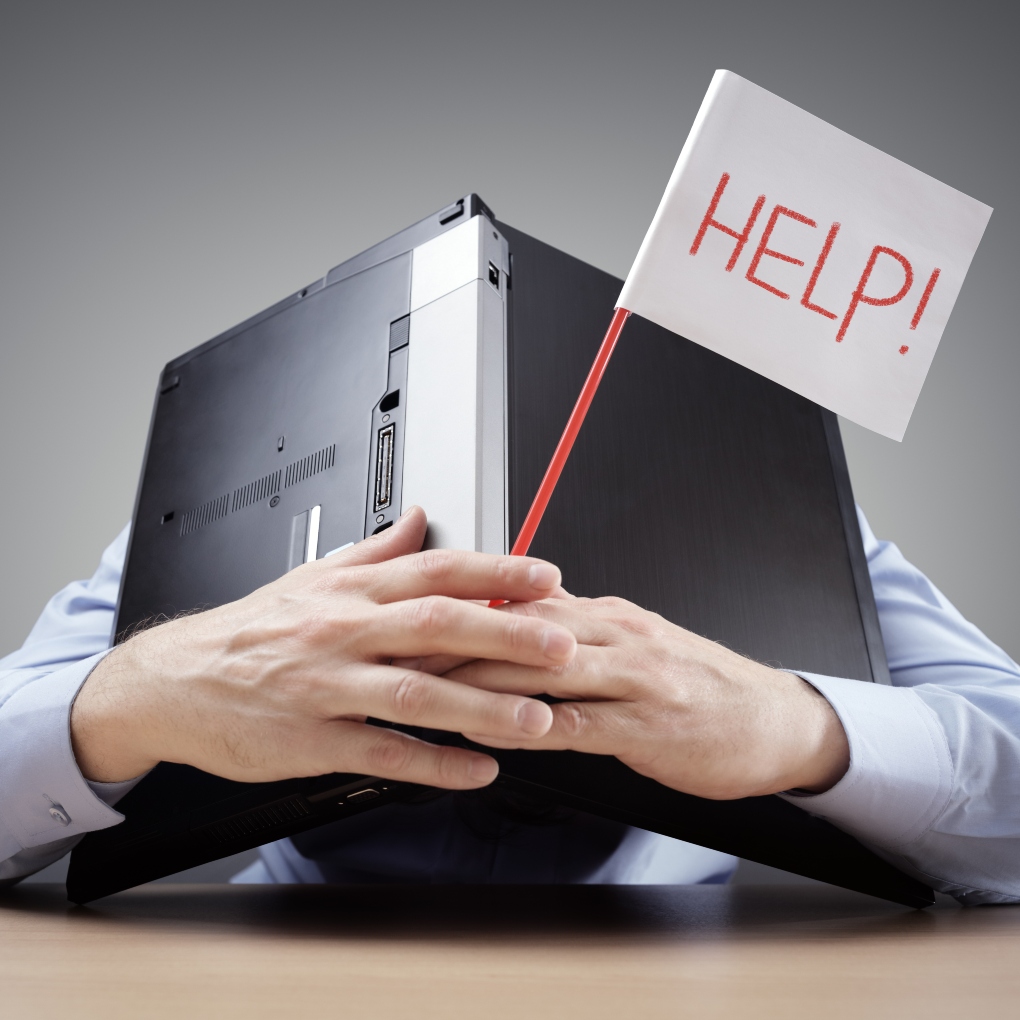Work-related stress is at an all-time high, according to a 2022 report on workplace trends from Gallup. Among workers in the U.S. and Canada, 57% report feeling stressed every day.
Are you one of them? Some common signs of workplace stress include:
- High heart rate
- Increased sweating
- Poor sleep
- Fatigue
- Headaches
- Digestive issues
- Frequent colds and illnesses
- Irritability and bad mood
- Difficulty concentrating
Even more worryingly, chronic stress is associated with high blood pressure, heart disease, a weakened immune system, and adverse effects on the brain such as loss of brain volume.
If you’re dealing with work-related stress on the regular, it’s time to do something about it.
We’ll share tips on how to deal with stress at work in two parts: one with researched-backed techniques that help the body mitigate the stress response, and one with strategies on how to remove or reduce the source of stress at work as much as possible.

Brookstone
Quzy-Premium Wireless Neck and Shoulder Massager
How to Deal with Stress at Work: 11 Anytime, Anywhere Stress-Busting Tips for Quick Relief
These simple, fast-acting techniques have been shown to help lower stress levels and prevent burnout. Do them at work, at home, on your commute – anywhere, anytime – whenever your work (or even the thought of work) is stressing you out.
1. Take Deep Breaths
Simply engaging in slow, deep breathing can lower blood pressure and reduce levels of the stress hormone cortisol, according to the National Center for Complementary and Integrative Health (NCCIH). So stop, take some deep, slow breaths, and feel your stress start to ease.
2. Try Progressive Muscle Relaxation
The NCCIH also recommends progressive muscle relaxation. This technique involves contracting and then relaxing every muscle group in the body in order, working from the feet upwards.
3. Do Mindfulness and Meditation
A mindfulness and/or meditation practice is also known to lower stress. Take as much time as you have – whether 3 minutes, 30 minutes, or more – to follow a guided meditation or visualization, or simply to focus on your breath.
PRO TIP: People often confuse mindfulness with meditation. Although they’re related, mindfulness is a simpler process. Think of it as being “right here, right now.” Any time you focus solely on what’s happening in the moment, you’re being mindful.

Bose
Shop NEW Bose products! 90-day risk-free trial
4. Get Laughing
Watch a funny video or listen to some stand-up comedy to get yourself laughing. Laughter leads to the release of endorphins (“feel good hormones”), which counteract stress and lift your mood.
5. Listen to Music
Tune in to music with a moderately slow tempo of around 60-80 beats per minute (BPM). “Good Vibrations” by The Beach Boys and “Don’t Worry Be Happy” by Bobby McFerrin are just a couple of examples of songs that come in at around 70 BPM. Listening to mid-tempo music can help lower your heart rate, blood pressure, and breathing rate.
PRO TIP: You can find songs that clock in at around 70 BPM at GetSongBPM.

Sony Electronics
Free 2-3 business day shipping, excluding TVs 51″ and above
6. Listen to Nature Sounds
Listening to the sounds of nature can help reduce stress. You can listen to a nature sounds recording or podcast, but getting outside to connect with nature live and in person is even more beneficial.
7. Try Acupressure Massage
A few minutes of self-administered acupressure massage on select pressure points on the arms, hands, chest, neck, and face can lower stress. This acupressure video from Cleveland Clinic will show you how.
8. Breathe in Lavender
Research has found lavender significantly decreases stress levels. You don’t need a fancy diffuser to get the benefits; put a drop or two of lavender essential oil on a tissue and gently breathe in for instant relaxation.

KIND
15% off and Free Shipping on Build Your Own Box Subscription Orders
9. Eat a Healthy Snack
Nutritious foods that are high in antioxidants (like vitamins C and E) and omega-3 fatty acids (found in foods like walnuts and edamame) help the body reduce oxidation and inflammation and increase blood flow. While you may not feel the effects instantly, eating well will support you in your goal to reduce stress.
RELATED: Easy Meal Prep Ideas: 11 Tips + Recipes
10. Drink Water
This could be the all-time simplest way to combat stress. Dehydration is linked to elevated cortisol, and drinking water can reduce levels.
11. Bonus: Sleep Deeply
Okay, so this technique should not be attempted at work (if you want to keep your job, that is), but definitely make it part of your routine. Deep sleep – slow wave, non-rapid eye movement sleep – is an excellent mitigator of stress and anxiety. So practice sleep hygiene, invest in a comfortable, supportive mattress, and prioritize high-quality sleep.
How to Deal with Stress at Work: 6 Strategies to Stop Stress at the Source
It’s great to use quick, fast-acting techniques like the ones above to reduce stress in the moment. But it’s also important to reduce or remove the sources of chronic stress, so you don’t have to keep fighting against it.
First, figure out what’s causing your stress at work. Some possibilities include feeling overworked and burned out, feeling underappreciated and underpaid, conflict with coworkers, unclear expectations, unrealistic expectations, and the fear of being laid off.
Pinpoint the problem, and it will lead you to the solution.
1. Talk to Your Boss
Talk directly to your boss if your stress stems from something they can help with, like unclear expectations, unrealistic expectations, an untenable schedule, a hostile work environment, a stagnant salary that’s not keeping up with inflation, and so on. If your boss recognizes the value you bring, they should want to help you.
2. Set (or Re-Set) Boundaries
If you feel your work life creeping into your home life, it’s time to set firm boundaries. These boundaries may be for your coworkers (e.g., tell them you won’t take any calls after 7 p.m.) or they may be for yourself (e.g., you won’t even look at your work email account on the weekends). Insist on truly work-free time in your life outside of work.
3. Improve Your Systems
Feeling snowed under at work can leave you stressed. So put systems in place that help you work more quickly and efficiently. Organize your physical space and even your digital files to make finding things easier. Maintain a paper or digital planner so you never miss a deadline. Make a quick daily to-do list organized by priority. Ask for help with tasks you procrastinate on. Delegate more if you’re able. Once you feel more in control of your workflow, you won’t stress over it as much.
4. Avoid Difficult People
As much as possible, avoid spending time with coworkers that cause you stress. This could mean changing your lunch hour or location, moving your desk, or asking for an assignment to a different team, project, or schedule, so you don’t have to interact with a challenging coworker as often.
5. Take All Your PTO
More than half of Americans don’t use all their personal time off, studies show. But you have vacation and personal days for a reason – use them! Taking time off is a proven way to reduce burnout and lower work-related stress. No need to plan a long vacation – shorter, more frequent getaways (like three-day weekends and short staycations) may be even more effective in combating stress.

Brookstone
Loftie Smart Digital Alarm Clock with Sleep Sounds and Bluetooth Speaker
6. Make a Plan B
Living with the nagging fear that you could lose your job at any time is a major source of stress. But instead of living with that fear, do something about it. Polish your resume, check out jobs online, and put out some feelers to find out what kinds of jobs are available through your network, just in case. Make a money plan (and talk to your partner if you have one) to figure out how you’d get by financially. Having plans in place won’t make getting laid off any more fun, but it can reduce the stress of worrying about what would happen next.
Sources
- State of the global workplace report – Gallup 2022
- How stress and depression can shrink the brain
- Stress
- 7 Ways Music can reduce stress and anxiety
- ASMR of nature
- 8 Acupressure points to reduce stress
- The effect of lavender on stress in individuals
- Water and stress reduction
- Deep sleep can rewire the anxious brain
- 50+ Telling PTO statistics
- How to use vacation time to mitigate burnout
- Nurtured by Nature








